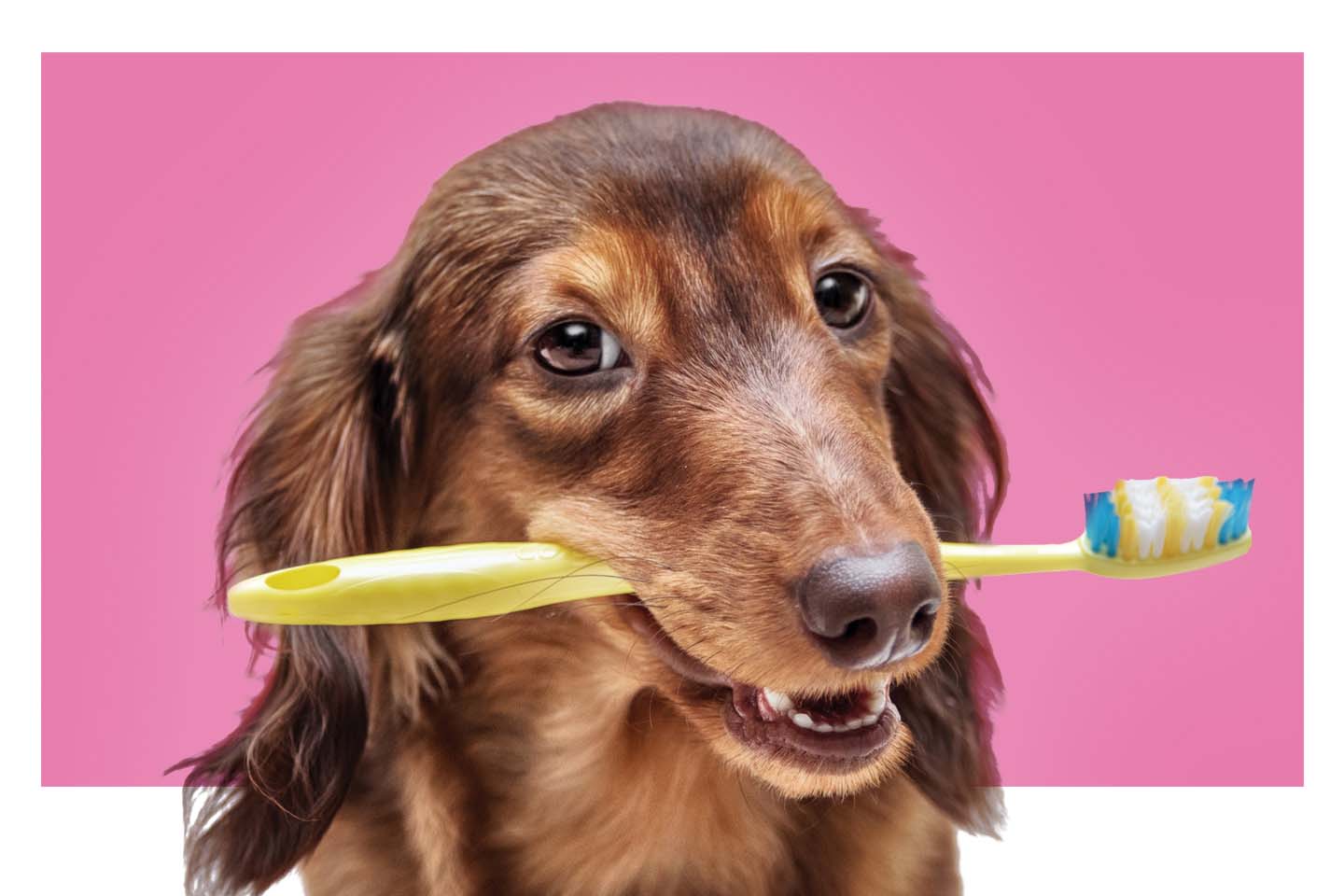It’s never too early to start caring for teeth. Measures can even be taken to ensure an infant gets proper dental care. Still, many parents aren’t quite sure when to take their child to a dentist, or when their children need to begin brushing or flossing their teeth. Here are answers to frequently asked questions about oral health in children.
It’s Never Too Early to Start
By Laura Childers
When should dental care begin?
The American Dental Association and the American Academy of Pediatric Dentistry both recommend that a child’s first visit to the dentist take place by their first birthday. Parents may want to consider taking their child to a pediatric dentist, or a dentist who specializes in treating children. Pediatric dentists are trained to handle the wide range of issues associated with children’s dental health.
When can I expect my child’s teeth to appear?
As early as 4 months of age, the primary or “baby” teeth push through the gums— the lower central incisors are first, then the upper central incisors. The remainder of the 20 primary teeth typically erupt by age 3, but the place and order varies. Permanent teeth begin eruption around age 6, starting with the first molars and lower central incisors.
How do I care for my baby’s teeth?
If a child is younger than age 3, parents should clean their child’s teeth with water and a soft-bristled toothbrush. After age 3, parents should brush their child’s teeth using no more than a pea-sized amount of toothpaste. This helps to make sure children do not swallow excess toothpaste.
When should my child begin brushing their own teeth?
A good rule of thumb is that a child is not coordinated enough to properly clean their own teeth until they can tie their own shoes. Prior to this, the child is only practicing.
How do you prevent cavities?
Cavities occur when bacteria and food left on the teeth after eating are not brushed away. Acid collects on a tooth, softening its enamel until a hole (cavity) forms. When all primary teeth have come in (usually around age 2½), your dentist may start applying topical fluoride. Fluoride hardens the tooth enamel, helping to ward off this common childhood oral disease. Regular use of fluoride toughens the enamel, making it more difficult for acid to penetrate.
As your child’s permanent teeth grow in, a pediatric dentist can help seal out decay by applying a thin wash of resin to the back teeth where most chewing occurs. Known as a sealant, this protective coating keeps bacteria from settling in the hard-to-reach crevices of molars.
See Related Articles









